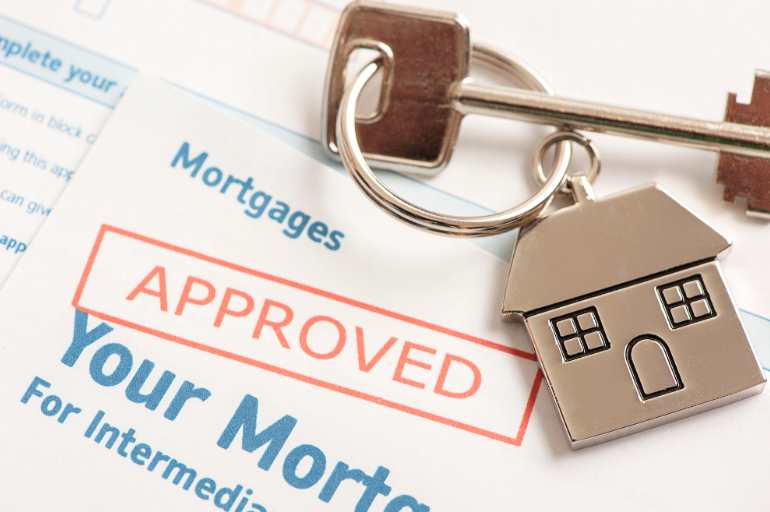When buying or selling a property, conveyancing fees are an essential part of the process. These fees can vary depending on several factors, leaving many wondering what they are paying for and why. In this blog, we will break down conveyancing fees, explaining what they cover, typical costs, and tips for minimizing expenses.
What are Conveyancing Fees?
Conveyancing fees are payments made to a legal professional or conveyancer for their services in transferring ownership of a property. This process involves preparing and reviewing contracts, conducting property searches, and ensuring a smooth transaction.
Typical Conveyancing Fees:
- Legal Fees: $600 - $1,500
- Disbursements (Searches, etc.): $300-600
- Stamp Duty (Varies by State) of the property value
Factors Affecting Conveyancing Fees:
- Property Type (Residential, Commercial, etc.)
- Property Value
- Location (State, City, etc.)
- Complexity of the Transaction
- Conveyancer\'s Experience and Reputation
Tips for Minimizing Conveyancing Fees:
- Shop around for conveyancers and compare prices.
- Ask about fixed fees or package deals.
- Consider using an online conveyancing service.
- Be prepared and provide the necessary documents promptly.
- Negotiate with the conveyancer.
Conclusion:
Conveyancing fees are a necessary part of the property transfer process. Understanding what these fees cover and how to minimize costs can help make the experience less overwhelming. Remember to research, compare prices, and ask questions to ensure a smooth and cost-effective transaction.
Share this article:




